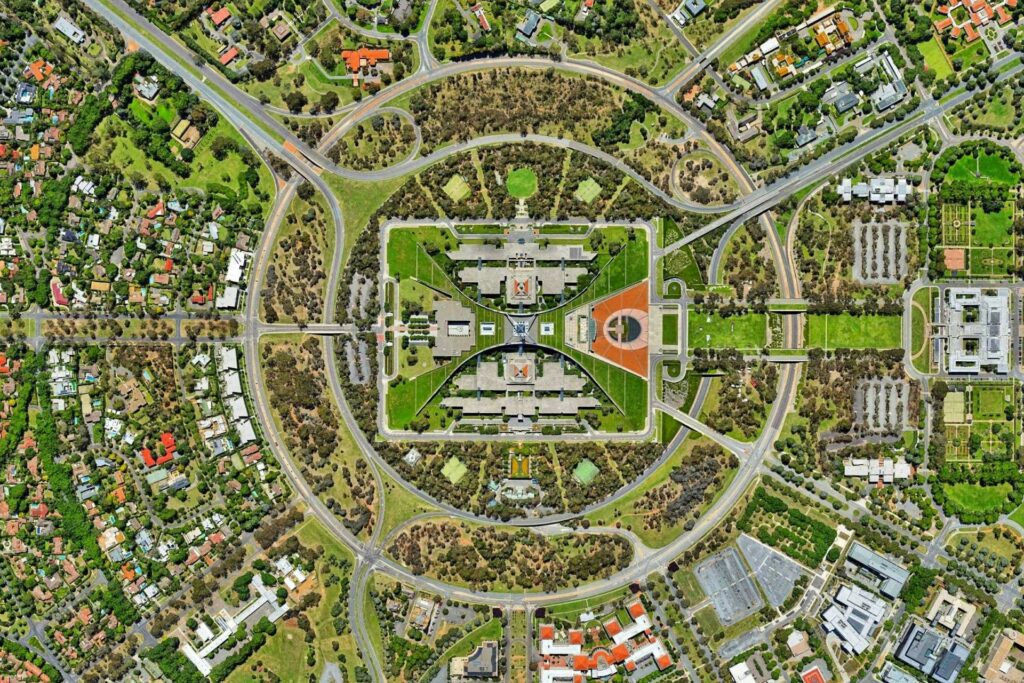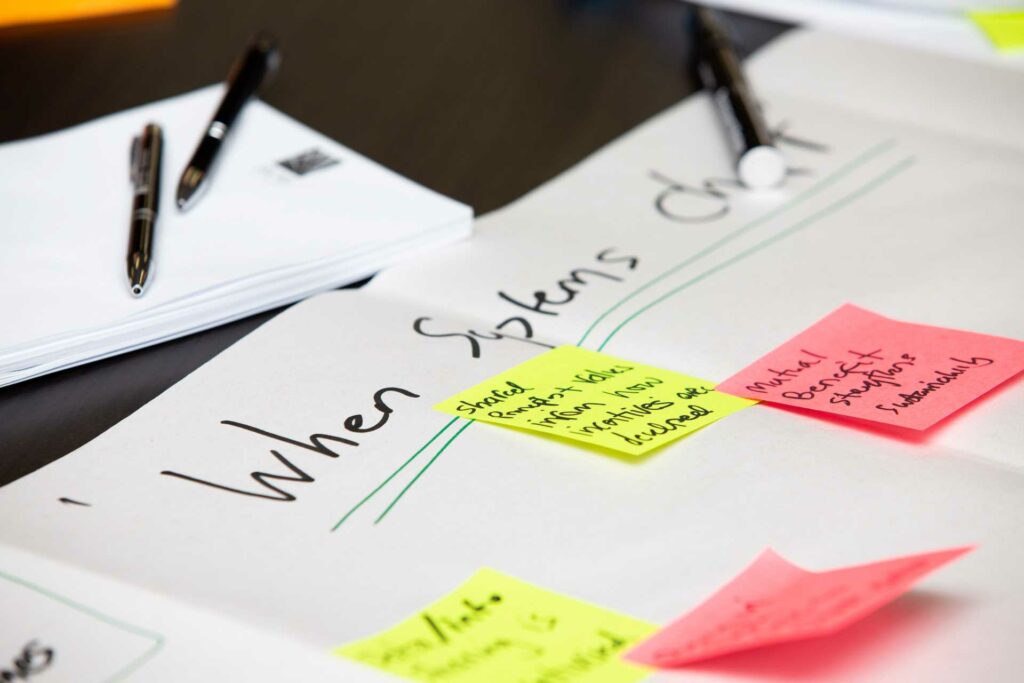Health Justice Australia’s Partnerships Director Lottie Turner sat down with Marika Manioudakis, Manager Family Violence Initiatives at Eastern Community Legal Centre, to reflect on her experiences working in a health justice partnership during COVID-19.
Lottie: Thanks for chatting with us, Marika! Why don’t you start by telling us a little about your professional background?
Marika: At university I studied behavioural science, which is the equivalent of an undergraduate psychology degree, and since then I have worked in a number of roles within the disability and homelessness sectors before ‘accidentally’ specialising in family violence.
I have worked within the legal sector for over 12 years now, starting off as a Family Violence Support Worker at the Victorian Civil and Administrative Tribunal in 2009 and since then working at the Eastern Community Legal Centre in different roles over a number of years with a short stint at Court Network somewhere in between.
Over this time I have often been challenged in how I successfully integrate my educational background, professional experience and personal values within my work. It often feels like I am integrating two very different worlds and ways of thinking. Supporting women to seek safety from family violence through their legal options can often feel counterintuitive as the legal system can also be a source of trauma.
Currently, however, I have the privilege of being the Manager of Family Violence Initiatives at Eastern Community Legal Centre, which includes the Mabels, WELS and SAGE Programs. Each of these programs integrates community lawyers, community service professionals and health professionals in order to provide women with trauma-informed legal, social and financial counselling support through their experience of family violence.
Lottie: What’s been challenging for you during COVID-19?
Marika: I must say I have found it particularly challenging to merge ‘the two worlds’ during the initial stages of the COVID-19 pandemic and the restrictions imposed. For the first time in a long time I struggled to feel connected to the legal sector and I didn’t feel that I was able to contribute to the crisis in the way I wanted to or was skilled to by working within a legal service. Don’t get me wrong, I think the legal sector plays a critical role, but not being a lawyer and therefore not identifying with the dominant professional culture within a legal centre, it was hard to visualise what role I could play. With the knowledge of how the pandemic had already led to an increase in family violence overseas, it felt much harder to integrate my educational background, professional experience and personal values in a way that felt meaningful to me.
Lottie: That sounds really challenging, and I think a familiar experience for practitioners with diverse professional backgrounds across the health justice landscape. Where are you at now?
Marika: Thankfully this feeling didn’t last long. After some soul searching and conversations with people both within my organisation and externally, I was quickly able to identify with the broader vision of ‘justice’, that the community legal sector and more specifically the multidisciplinary legal service at which I am employed aims for. And when I say that this didn’t last long, it all happened in less than a week. Within hours of the declaration of the COVID-19 pandemic and of the first stage of the restrictions being announced I began the process of supporting the Mabels, WELS and SAGE Programs to transition to working from home and providing family violence legal assistance through remote service delivery.
This was a process that required supporting my direct team to learn new skills, especially around technology, to feel capable to perform their ordinarily difficult roles from the sanctuary of their own homes and to feel able to support clients through remote service delivery. It also required supporting the organisation and my broader team by developing additional resources and providing training to ensure that the organisation was able to safely shift to remote service delivery, particularly for those experiencing family violence.
Lottie: What has health justice partnership given you through the crisis?
Marika: The strength of these partnerships and programs provided much relief to the helplessness that I was feeling and allowed me to focus on the opportunities and accessibility to essential legal services that our health partners were able to provide women experiencing family violence.
It didn’t take long for us to come together as a partnership and affirm our commitment to the aims and objectives of the programs and to identify the challenges and opportunities provided through this crisis and develop some strategies in how we could respond. I found myself among a wide range of professionals all focused on a common goal – the health, safety and rights of women and children experiencing family violence. I was also reminded of the quality and depth of the work that can be developed when different people with diverse knowledge and experiences come together.
Lottie: What’s next for you and your health justice partnership work?
Marika: I’ve been lucky enough to be part of some great collaboration across the community legal sector with individuals and organisations reaching out and consulting on how we can work better together and work better for our communities. I had the privilege of working in collaboration with Victoria Law Foundation and the Victorian Federation of Community Legal Centres to publish a webinar and produce materials for the broader legal assistance sector on delivering services remotely to people experiencing family violence. It was at this point that I was able to see my role within this sector and to feel connected. I again was reminded of the importance of having different people with diverse knowledge and experiences come together, especially in trying to solve and respond to complex problems.
I’m sure that there will be many more lessons learnt during this period and opportunities in the future both personally and professionally. I’m excited and re-inspired by what may come from strengthened partnerships and relationships across sectors as we are all working with and as a part of our broader community.
In April 2020, Health Justice Australia conducted a survey of practitioners about how COVID-19 was affecting their services and the needs of their clients. You can access the findings here.




